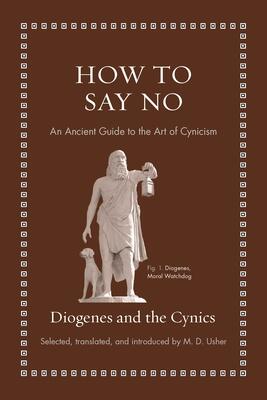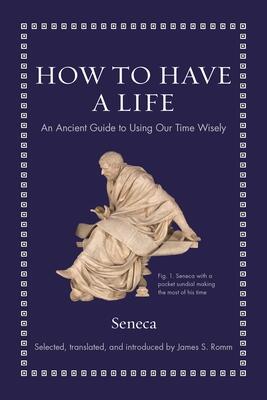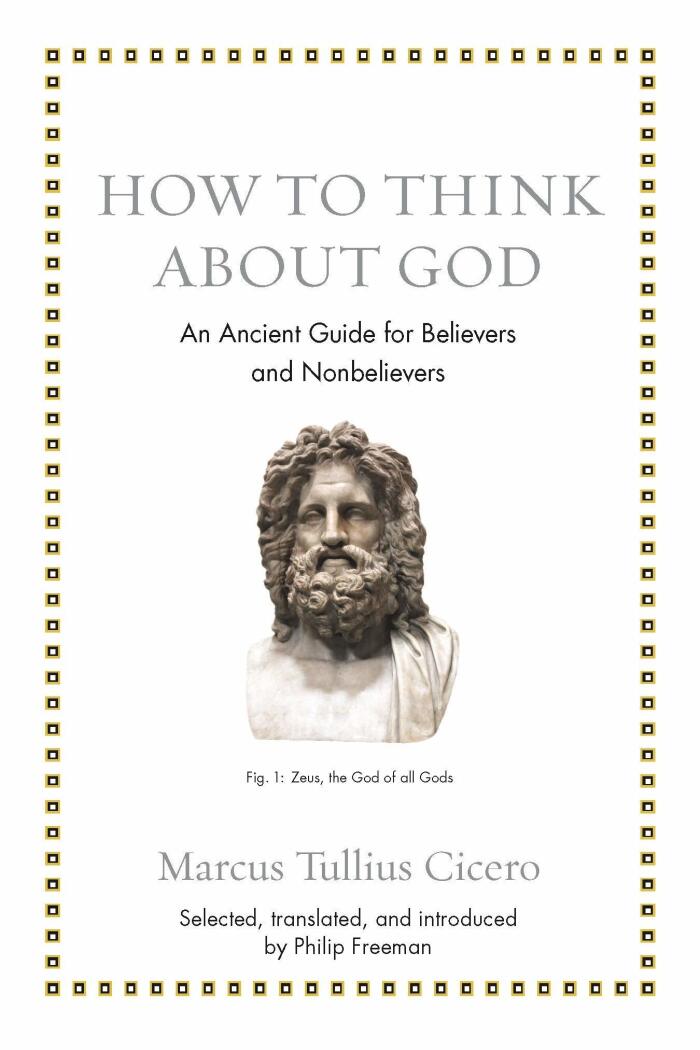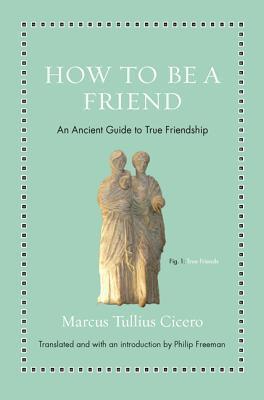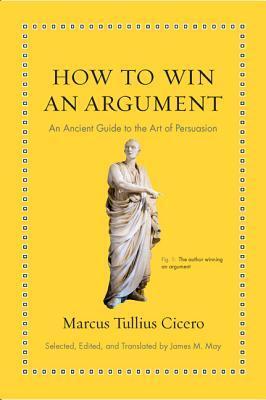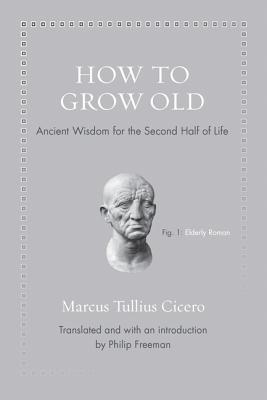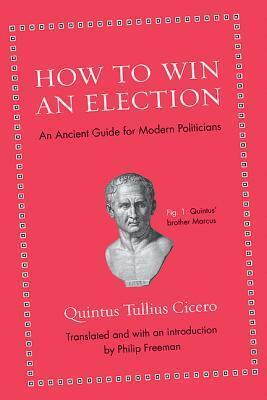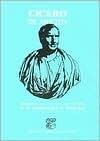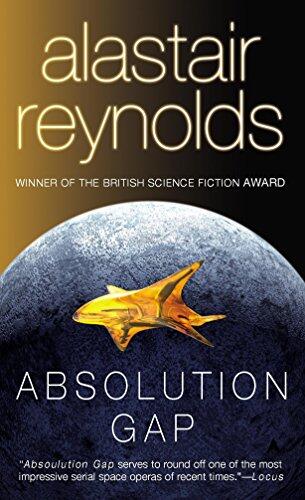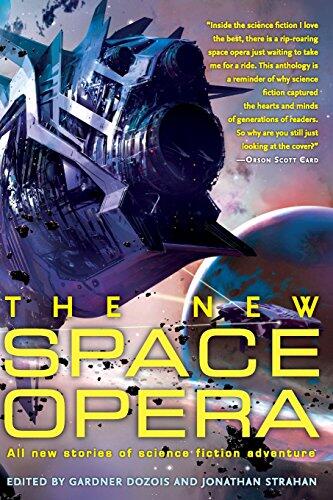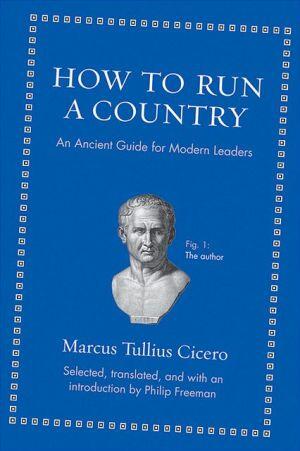
How to Run a Country: An Ancient Guide for Modern Leaders
まだ評価がありません
Action & Adventure
Science & Technology
形式
ハードカバー
ページ数
152
言語
英語
公開されました
Jan 22, 2013
出版社
Princeton University Press
版
Early Printing
ISBN-10
0691156573
ISBN-13
9780691156576
説明
Marcus Tullius Cicero's work serves as a timeless exploration of political leadership, drawing lessons from the ancient Roman Republic that resonate with contemporary challenges. The insights offered by Cicero reflect his vast experience in navigating the complexities of governance and public life. His emphasis on the moral responsibilities of leaders underscores the importance of integrity and ethical decision-making in the pursuit of power.
Through a combination of personal anecdotes and philosophical reflection, Cicero articulates the qualities essential for effective leadership. He champions virtues such as justice, wisdom, and courage, arguing that these traits not only inspire loyalty but also foster a cohesive society. Readers are invited to consider how these age-old principles can be applied to today's political landscape, encouraging a return to fundamental values amidst modern chaos.
Ultimately, this guide serves not only as a historical account but as a practical manual for anyone seeking to understand the nuances of leadership. It challenges modern leaders to reflect on their roles in shaping the future, promoting the idea that great governance is steeped in the wisdom of the past.
Through a combination of personal anecdotes and philosophical reflection, Cicero articulates the qualities essential for effective leadership. He champions virtues such as justice, wisdom, and courage, arguing that these traits not only inspire loyalty but also foster a cohesive society. Readers are invited to consider how these age-old principles can be applied to today's political landscape, encouraging a return to fundamental values amidst modern chaos.
Ultimately, this guide serves not only as a historical account but as a practical manual for anyone seeking to understand the nuances of leadership. It challenges modern leaders to reflect on their roles in shaping the future, promoting the idea that great governance is steeped in the wisdom of the past.
